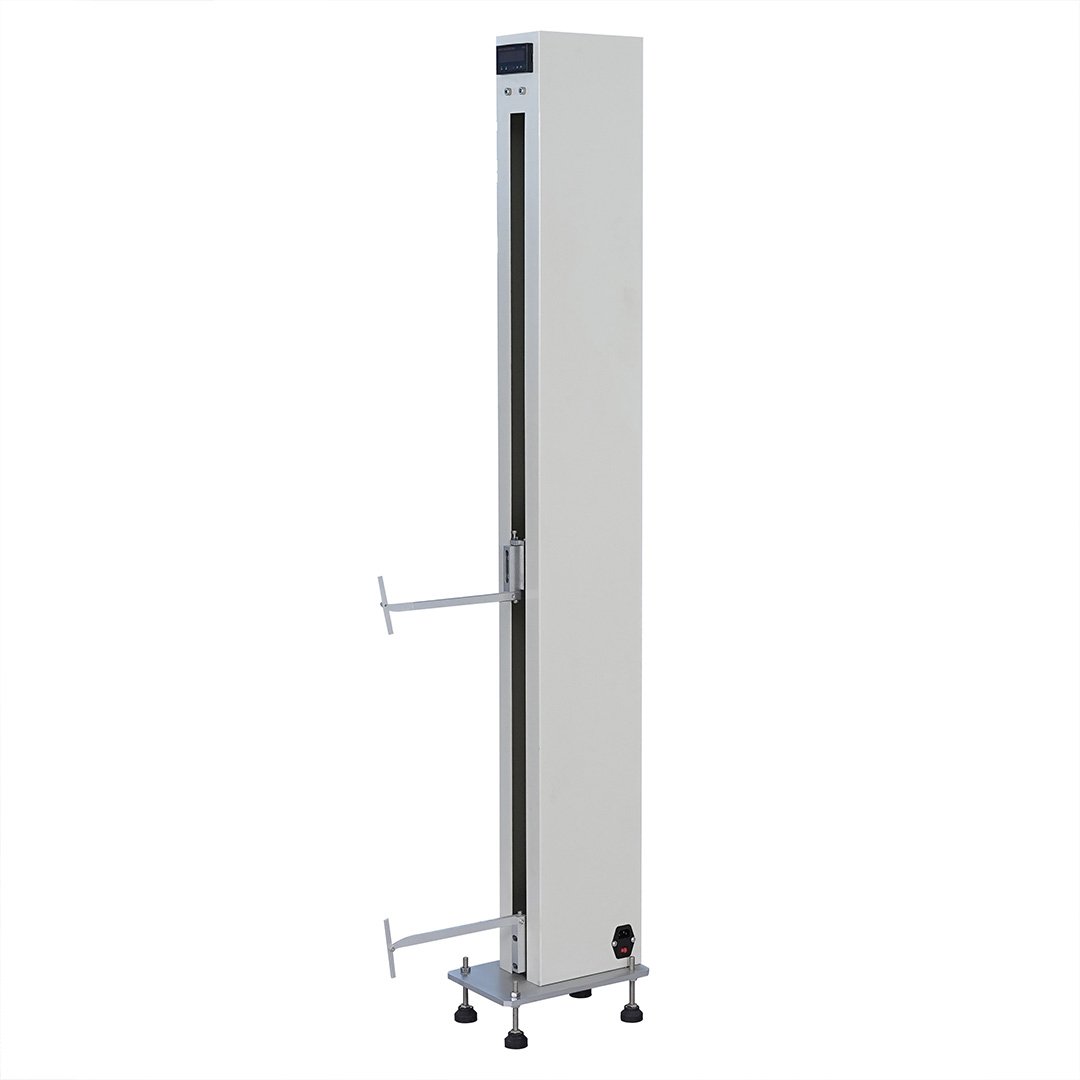In modern infrastructure construction and industrial manufacturing, Pipe Testing Equipment plays a critical role in ensuring safety, durability, and compliance. Whether it is municipal water supply, gas transmission, or fire protection systems in large buildings, the performance of pipeline systems directly affects project reliability and personnel safety.
Without scientific testing methods, pipeline products that appear qualified at the factory may later suffer from pressure failures, leaks, or material cracking during long-term use, leading to significant economic losses and safety incidents. Therefore, from raw material inspection to finished product validation, using high-standard Pipe Testing Equipment throughout the process has become an industry consensus.
Different types of pipe materials (such as PVC, PE, PP) and their application scenarios require specialized testing solutions. Only through systematic testing with professional equipment can the long-term reliability of pipeline systems be guaranteed in real-world conditions.

🔹 Applications of Pipe Testing Equipment Across Industries
Depending on project requirements, Pipe Testing Equipment is widely applied in various sectors:
- Municipal water supply and drainage systems: Verifying long-term pressure resistance and corrosion resistance.
- Oil and gas transmission pipelines: Rigorous pressure and leakage testing is mandatory.
- Building water supply and fire protection systems: Emphasizing impact strength and high-temperature resistance.
- Industrial cooling water systems: Demanding high pressure and chemical corrosion resistance.
In each application, precise testing data not only ensures project acceptance but also reduces maintenance costs and extends system lifespan during service.
🔹 Common Pipe Testing Projects and Matched Equipment

Carbon Black Dispersion Tester
Designed to accurately evaluate the dispersion quality of carbon black particles in polyethylene pipes, ensuring UV resistance and long-term durability.
🔍 View Product
Drop Hammer Impact Testing Machine
Specially designed for evaluating the impact resistance of plastic pipes, ensuring durability and safety under handling, transportation, and installation conditions.
🔍 View Product
Simple Beam Impact Testing Machine
Designed for precise evaluation of impact resistance in plastic pipes, fittings, and materials, ensuring mechanical strength and compliance with quality standards.
🔍 View Product
Hydrostatic Pressure Testing Machine
Engineered for long-term pressure testing of plastic pipes such as PVC, PE, and PP, ensuring structural integrity, leak resistance, and compliance with international standards.
🔍 View Product
Ring Stiffness Testing Machine
Used to accurately measure the ring stiffness and deformation resistance of plastic pipes, corrugated pipes, and fittings, ensuring structural reliability in buried or external load conditions.
🔍 View Product
HDT/Vicat Testing Machine
Specialized in measuring the heat deflection temperature (HDT) and Vicat softening point of plastics and polymer materials, ensuring thermal performance and stability for engineering applications.
🔍 View Product
Melt Flow Rate Testing Instrument
Designed to precisely measure the melt flow rate (MFR) of plastics, polymers, and engineering materials, ensuring optimal processing performance and material quality control.
🔍 View Product
Pipe Inner Diameter Tester (Corrugated)
Specially designed for accurate measurement of the inner diameter of plastic corrugated pipes, bridge conduits, and engineering duct systems, ensuring manufacturing precision and installation quality.
🔍 View Product🔹 How to Choose the Right Pipe Testing Equipment
Selecting the right Pipe Testing Equipment directly impacts the accuracy of test results and the effectiveness of subsequent risk control. Key factors to consider include:
- Compliance with International Standards (e.g., ISO 1167, ASTM D1598, ASTM D1599)
- Testing parameter range and precision
- Equipment durability and long-term data stability
- Compatibility with various pipe specifications (diameter, wall thickness)
- Availability of technical training and after-sales support
Choosing high-quality testing equipment not only improves testing efficiency but also reduces maintenance costs and enhances brand credibility.
🔹 Future Trends in Pipe Testing Equipment
With advancements in material science and testing technologies, Pipe Testing Equipment is evolving towards:
- Smart monitoring: Real-time data collection and remote monitoring to improve transparency and response speed.
- Integration with Non-Destructive Testing (NDT): Assessing strength and integrity without damaging the pipeline body.
- Eco-friendly and energy-saving designs: Focusing on energy efficiency and sustainable manufacturing processes.
These technological improvements will further enhance the safety, operational efficiency, and service life of pipeline systems.
🔹 Conclusion
Pipe Testing Equipment is not just a tool for project construction phases; it is a foundational support for long-term system safety and regulatory compliance.
From hydrostatic pressure testing to impact resistance assessment, from material dispersion evaluation to thermal performance analysis, every aspect of quality control relies on professional-grade equipment.
In the increasingly competitive construction and infrastructure industries, adopting high-quality, standardized Pipe Testing Equipment not only minimizes project risks but also helps companies gain customer trust and competitive advantages.